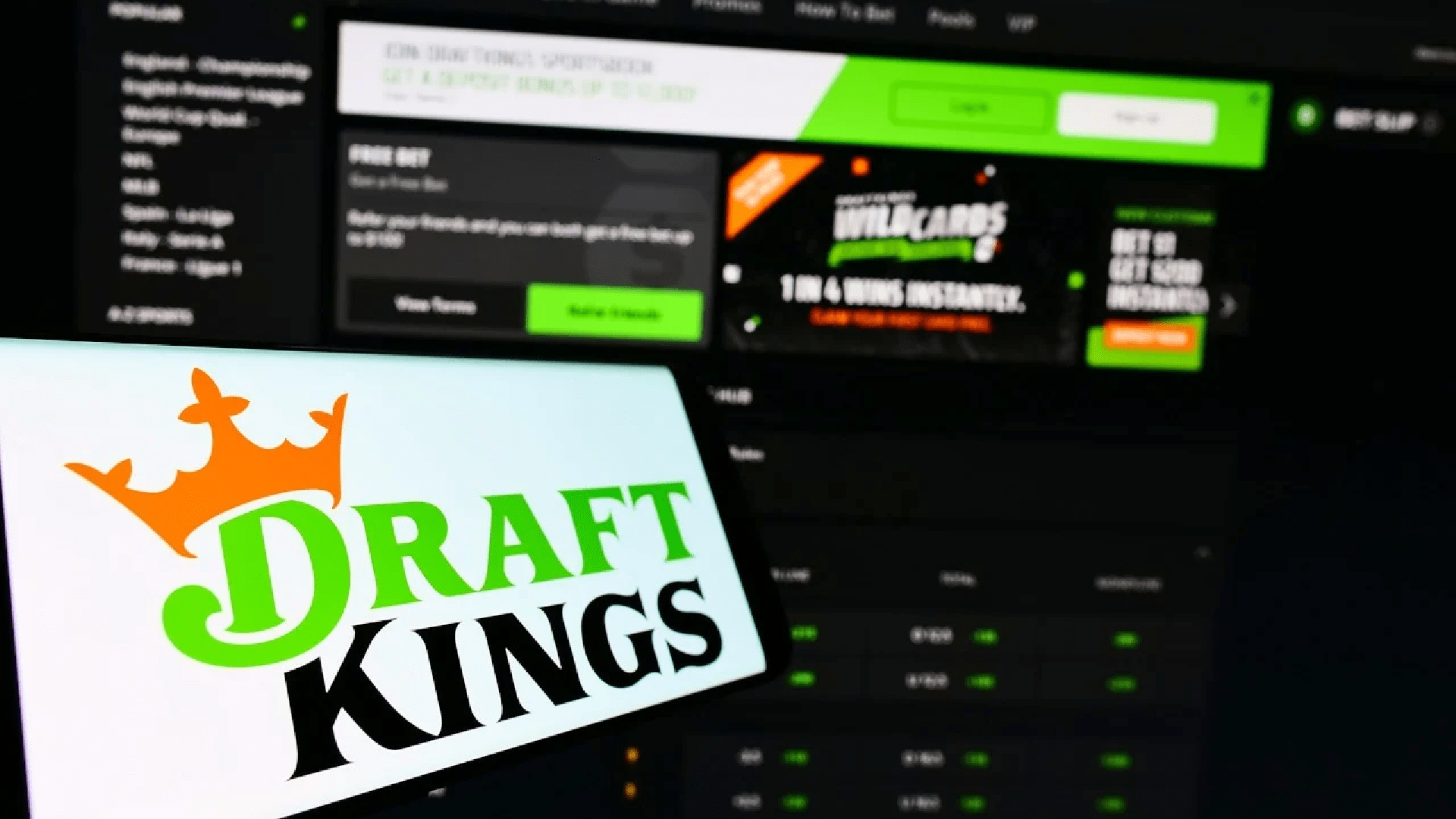According to data published by Vancouver-based GeoComply Solutions Inc., a provider of geolocation and anti-fraud solutions, more players are moving to the regulated sector as US states crack down on illegal sportsbooks.
“These findings demonstrate that enforcement works,” said Kip Levin, CEO of GeoComply. “When states crack down on illegal sportsbooks, players migrate to the legal, licensed market, where they’re protected and where their play generates state tax revenue. Consumers often can’t tell the difference between a state-regulated sportsbook and an offshore site, but when regulators take action, it raises awareness and helps guide players to safer, accountable operators.”
With offices in Toronto and Montreal in addition to its headquarters in Vancouver, GeoComply serves customers worldwide by offering cybersecurity and fraud protection solutions that identify location fraud and assist in confirming a user's genuine online identity.
Letters of Cease and Desist
The NFL season is set to begin on Thursday, which coincides with the release of the report. North America's largest source of betting activity is the professional sports league.
According to a statement released last week by the American Gaming Association (AGA), Americans are expected to bet US$30 billion on the 2018 NFL season through US-legal sportsbooks.
An Analysis of Illegal Sportsbooks by the AGA
In its research, GeoComply examined the growth of new accounts and player involvement in August in ten US states with comparable adult populations. Arizona, Louisiana, Massachusetts, Michigan, and Tennessee are the five states that have taken action against offshore operators in the last year, including issuing cease-and-desist letters. Iowa, Indiana, Kentucky, North Carolina, and Virginia are the five other states that haven't.
In August, states that took enforcement action against illicit sites saw an average increase in active players of 10% greater than those that did not target the illegal operators.
According to the survey, new account sign-ups in the enforcement states increased by 39% in August.
Pennsylvania Issues a Caution
According to a research published last month by the American Gaming Association (AGA), illegal gaming accounts for almost one-third (31.9%) of the US market. Every year, Americans bet US$673.6 billion with unlicensed and illegal businesses. Since the AGA's last report in 2022, the unlawful market has expanded by 22%.
State governments lose out on $15.3 billion in tax revenue per year as a result of the illicit and unregulated gaming industry, which brings in $53.9 billion yearly.
"Illegal offshore sportsbooks remain the biggest competitor to the legal market, not other regulated operators,” said GeoComply’s Levin. “A coordinated federal effort would further accelerate the positive shift that has been started by state-level enforcement.”
Over 90% of gambling is done online, thus the Pennsylvania Gaming Control Board cautioned the public on Wednesday not to place their wagers on illicit online platforms. On its main page, there is a list of regulated websites in Pennsylvania that bettors can access.
“For a gambler to protect themselves, they should be very hesitant to use Illegal offshore sites,” said Board Executive Director Kevin O’Toole. “Only on the Pennsylvania regulated sites can a bettor choose to utilize self-imposed limits to better control their wagering activities.”
“Legal, Board-regulated online sportsbooks must offer options for a player to control their gambling activity, such as limiting the amount of time they can spend on a site, limiting the amount of money they can deposit, or provide a limit on the amount they wager,” he added. “In addition, the Board’s approved operators offer ‘Cool-Off Periods’ that establish a short-term ban of days, weeks or months for the bettor who can limit their sports wagering activity.”







